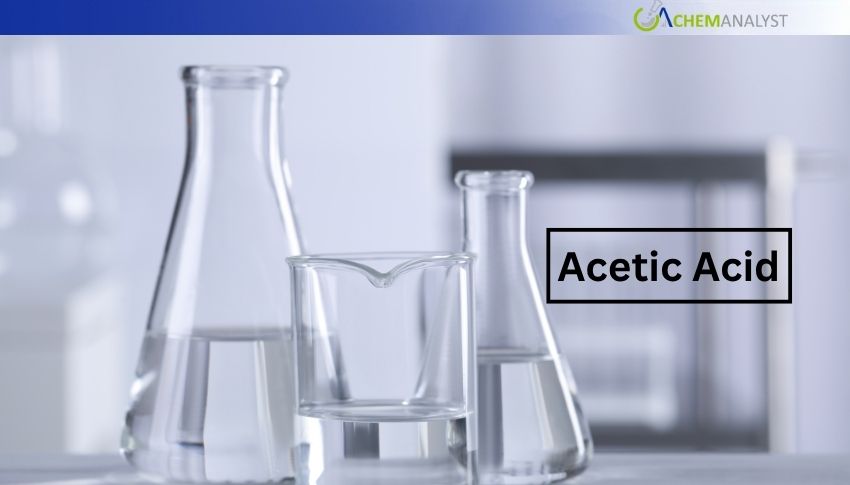Welcome To ChemAnalyst

In mid-July 2025, acetic acid prices in Japan remained stable as steady demand from PTA producers and strong seasonal consumption in polyester fibre, PET resin, and film offset softer regional acetyl chain conditions. Despite regional oversupply and weaker overseas benchmarks, Japanese sellers avoided discounts due to higher import costs from a depreciating yen and increased freight surcharges tied to container shortages at key ports. Domestic production stayed consistent, but the market’s reliance on Chinese and South Korean imports kept landed costs elevated. This combination of resilient demand and rising import-related expenses helped sustain pricing stability despite broader regional softness.
Acetic acid prices in Japan stayed firm at for the week in mid July xxxx, as stable domestic demand offset regional weakness across the acetyl chain. Downstream PTA demand provided key support, buoyed by strong seasonal consumption from polyester fibre, PET bottle resin, and film producers during peak summer. Despite weaker regional benchmarks, Japanese sellers maintained stable acetic acid prices as the depreciating yen drove up import costs, given the market’s reliance on Chinese and South Korean supply. Additional freight surcharges from container shortages at Tokyo Bay and Kobe further deterred discounts, even with FOB China values holding steady.
Domestic acetic acid production in Japan operated at normal rates, but the market remained import-dependent, with oversupply in Asia weighing on export-oriented suppliers. Feedstock methanol and paraxylene availability stayed ample across the region, limiting upstream cost pressure. However, the JPY/USD exchange rate...
We use cookies to deliver the best possible experience on our website. To learn more, visit our Privacy Policy. By continuing to use this site or by closing this box, you consent to our use of cookies. More info.
